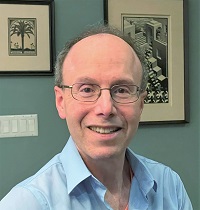As he’s creating poetry, Pollock often finds that working in solitude helps him focus solely on the words he’s assembling for each piece of writing. “For me, what’s most important is the words on a page. I look at it as word art and that’s the most important thing is to make the poem as good as possible, both on the page and off the page, when it’s spoken. So when I’m writing, you’ll also hear a lot of sounds coming out because I’m testing out what sounds good in the air… form is critically important to me… not only does form inspire me but it also, I find it paradoxically liberating. I come up with ideas that… I would’ve never thought of it if I was writing in free verse.” For Pollock, the significance of poetry in society is also more than just conveying artistic expression. He reflected, “I think it does provide insights into the human condition. I think poetry provides so many different perspectives on so many different topics that in a way, it also teaches empathy, and it helps us understand more about our world and about the nature of our existence. So it is an art form and it’s enjoyable and I love the beauty of it but also the craft of it, but it does, I think, have a role in society as well…”

There’s no safety net to fall back on [when writing free verse poetry]. It’s still important to have rhythm and cadence and to manage the tone, but all of that has to be created organically from scratch.”


You must have a certain amount of maturity to be a poet. Seldom do sixteen year-olds know themselves well enough.”

Podcast: Play in new window | Download
Subscribe: RSS

Want to join the discussion?
Feel free to contribute!